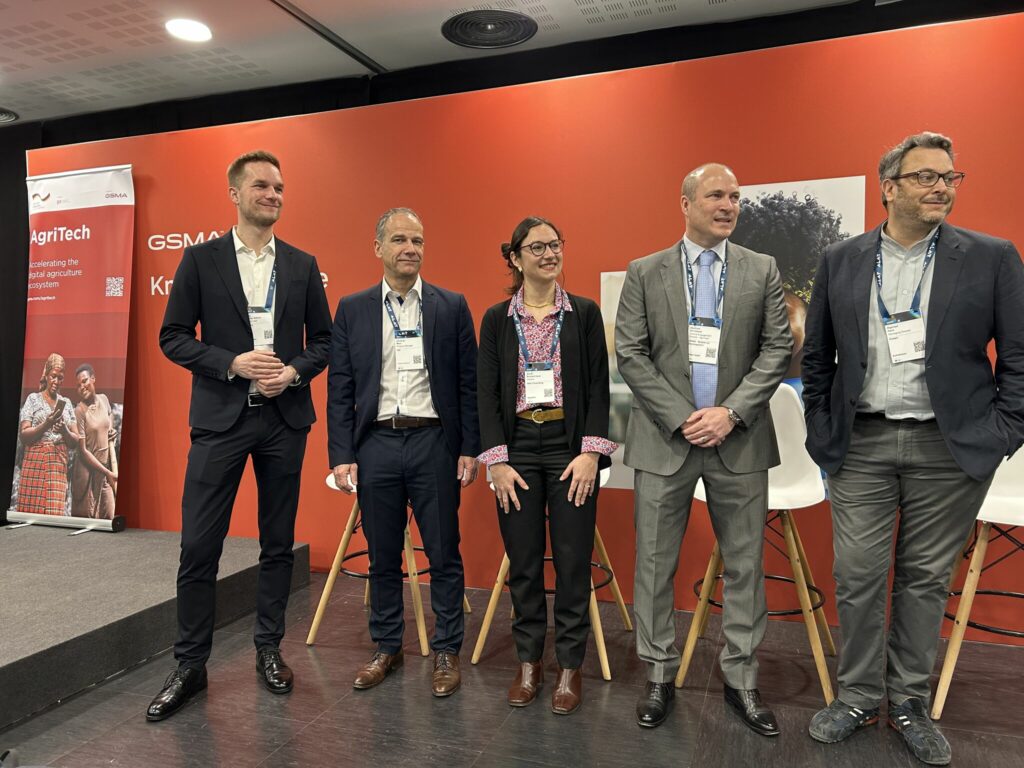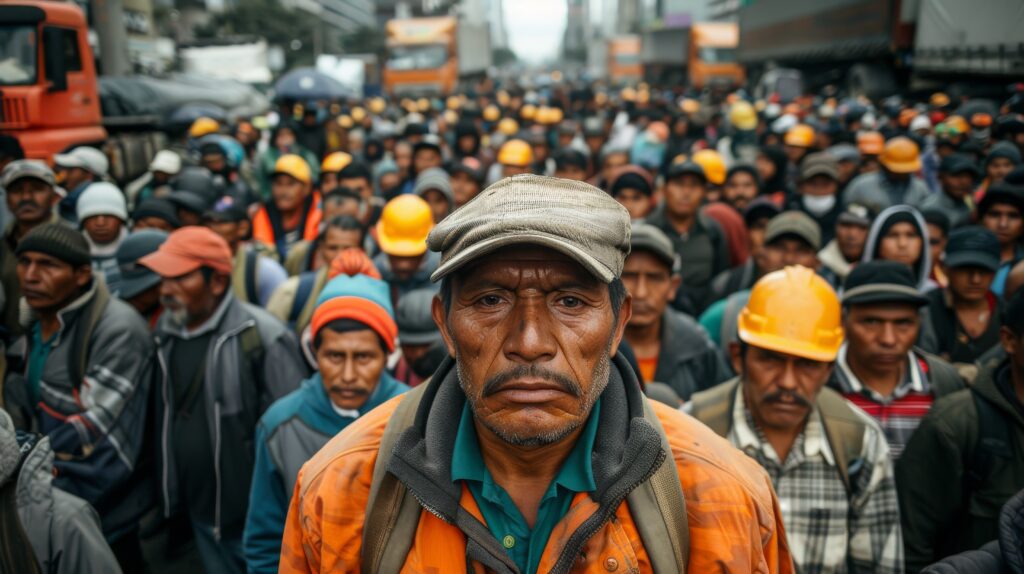Learn how whistleblower protection prevents costly litigation and reputational damage while strengthening internal governance frameworks.
Tag Archives: Human Rights
International Court of Justice declares climate change an “urgent threat”. Nations now have binding legal obligations.
New UN reports provide crucial guidance on applying human rights principles to AI procurement and deployment. Learn how businesses can implement responsible AI practices and ensure compliance with emerging regulations while protecting human rights throughout the AI lifecycle.
Board of Directors, Climate Change, Corporate Social Responsiblity (CSR), Governance, Human Rights, Resilience, Responsible consumption, Responsible sourcing, Stakeholders, Sustainability, Sustainable Development Goals (SDG), Sustainable Finance & ESG, Work Conditions
Smart Regulation Drives Growth: OECD Insights
OECD research shows smart regulation boosts business. Learn how removing trade barriers and shaping better practices drives sustainable growth
Discover key insights from Brazil’s complex security landscape for implementing VPSHR globally. Learn from 25 years of experience at Ksapa.
Ksapa joined MWC 2025 Barcelona panel on digital inclusion, sharing insights connecting underserved rural communities at GSMA’s invitation.
Discover concrete steps to eliminate exploitative recruitment fees for migrant workers. Implement ethical hiring practices across operations.
The EU Anti-SLAPP Directive provides protection for human rights defenders against abusive litigation designed to silence public participation
Balancing technology with human solutions for effective supply chain transparency and traceability beyond tier 1 suppliers
Discover how Sutti’s EU-Indonesia trade model creates sustainable supply chains, generating €25 local value per €1 invested over 10 years









